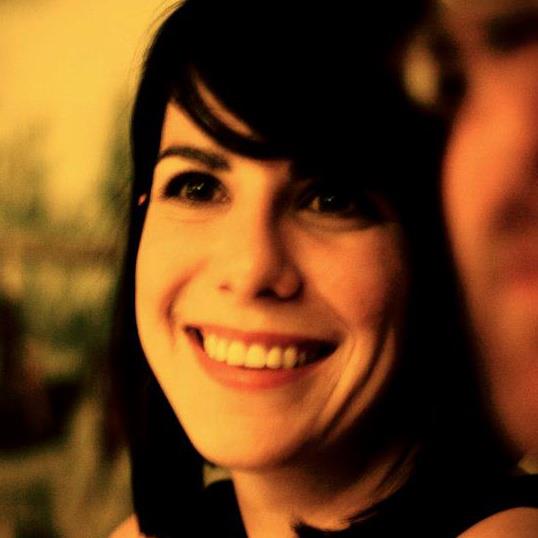 I think that if I had to categorize this book, I would call it a "messed-up masterpiece." Cormac McCarthy is a genius, but I can't help but think that he's more than a little crazy.
I think that if I had to categorize this book, I would call it a "messed-up masterpiece." Cormac McCarthy is a genius, but I can't help but think that he's more than a little crazy.Blood Meridian is the second-to-last book for "Ideas of the Western". We're in our revisionary phase, and damn but is this revisionary. The story follows a group of men called the Glanton Gang (historically there were 19 of them, although I'm never quite sure in the book how many there are), led by a man named Judge Holden. The protagonist of the story, if there is one, is "the kid", who joins with the gang in their scalping escapades. Originally, the Glanton Gang were supposed to just protect the locals from Apaches, but they seem to have lost of sight of who they were supposed to be killing, and murdered nearly every citizen in 10,000 sq.m. Crazy. The Judge is also an absolutely inconceivable character. No one is sure if he's God, or if he's the devil, or if he's both. Either way, he is a HUGE character (both in presence, and it stature), and I agree with the critics who say that he is McCarthy's masterpiece.
This book has to be the most violent piece of fiction that I have ever read. Think of Kill Bill style violence- so unrelenting that you sort of become immune. That's Blood Meridian. It is insane, and it makes you feel like you're going to go insane, but it is also exquisitely written. If you feel like this review is really contradictory and vague, that's because my opinions of the book are also the same. I can't decide whether it is grotesque or wonderful.
McCarthy's newest book, The Road, has just been chosen as Oprah's book club selection. McCarthy is notoriously reclusive, and so he is going to do his first television appearance ever with her. I'm sure the sales of that book have already gone through the roof; it will be interesting to see what America thinks of Cormac McCarthy. I'm not sure I know what I think, yet. I'll let you know.









